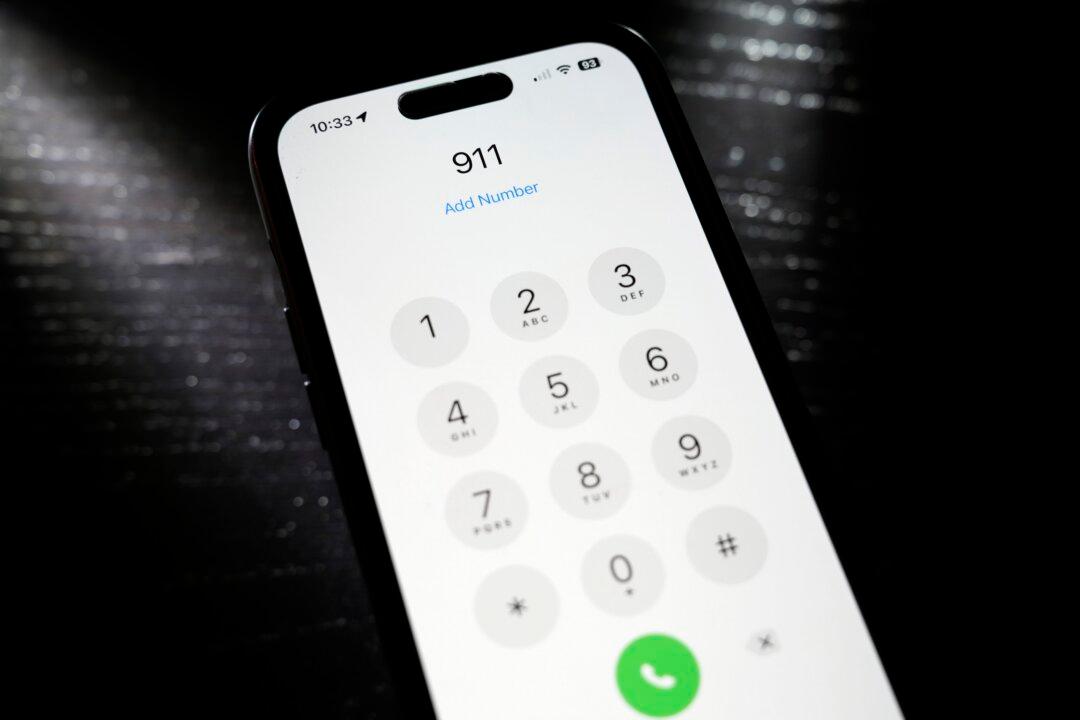A federal appeals court has ruled that California police acted within the confines of the law when they forced a suspected drug dealer’s thumb into his phone, unlocking it and providing authorities with a trove of information to help prosecute.
According to court documents, in November 2021, Jeremy Travis Payne was stopped by two California Highway Patrol (CHP) officers because his car had tinted windows. Mr. Payne admitted to the officers that he was on parole.





